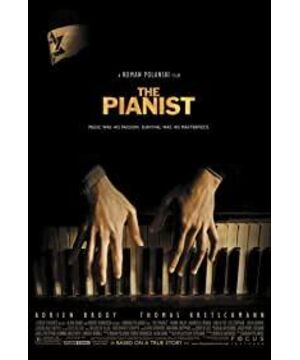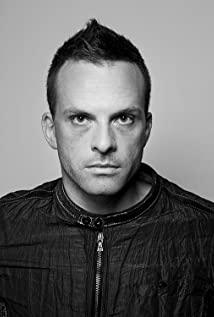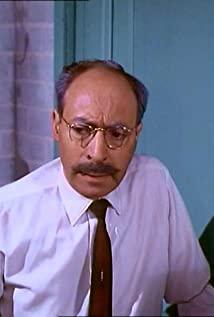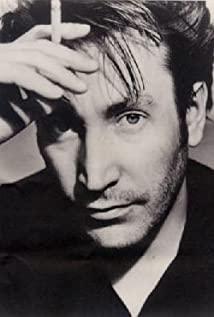if you tickle us, do we not laugh?
if you poison us, do we not die?
and if you wrong us, shall we not revenge?
--------- -
Station had read this passage, Shakespeare's classic confession of a Jewish businessman that made Jewish merchants famous, a little Jew confirmed it with action.
"How much is a piece of candy?"
"Twenty dollars"
"What do you want money for?"
"Twenty dollars"
I've always disliked Jews, and Europe probably didn't like them either.
"Ivanhoe", "Gobsek", "Money" and "The Merchant of Venice", in the literature I can think of, the Jewish people will always have only a greedy and mean face.
In fact, I have been watching this movie with this kind of prejudice, but after watching it, I still gave it five stars, and the
voice rushed out of the sadness ----------- Virgil
used The music with the background of sadness is the most beautiful.
---------------------------------------------
1.
Henry on the radio The recording studio played Chopin's concerto elegantly, but the sound of the guns came clearly. This piece of music, interrupted by the gunfire, opened the prelude to the film, and also revealed that the war has brutally trampled on the music. In the sound of the guns, the music flows in silence.
This is the first piece of music.
The beautiful sound of the piano, the war is only dissonant, and the sorrow has not yet struck.
2.
At the intersection of the Jewish quarter, several artists were playing dance music. The German soldiers commanded passersby to dance, and the audience bowed their heads. Henry tapped the keyboard dimly in the restaurant. The sound of the piano, which could not be interrupted by the sound of the guns, was overwhelmed by the sound of coins. Henry smiled helplessly.
This is the second piece of music, the war has overshadowed the music, the music groans, and the sadness comes from it.
3.
Henry looked at the piano, looked out the window, looked at all kinds of people coming and going, his fingers were shaking rhythmically, but there was no music, only screams and roars. A city has slowly turned into ruins, art has been completely forgotten, only living faith and lingering sadness pervade every corner.
This is the third piece of music, the most silent music. Tears turn into poems and sorrows are songs. At this time, I recall a mournful song from the soul.
4.
In the moonlight, Henry tapped the piano vigorously, and in the shadow, the German officer was still in the music. Gu Hutou once said, "It is easy for a painter to wave five strings, but it is difficult to see the return." The shape is easy to describe, but the expression is the most difficult to describe. For the same reason, I can no longer describe the music at this time in words. This is out of sadness. Fetters, a hymn above the soul.
This is the fourth piece of music, the climax of the whole movement. The sadness of the loss of a country and a family, the pain of life and death, the sadness of the ups and downs, all of these turned into sadness and the tightly bound heart finally, with the help of the wings of music, struggled out of the cage-like attic, and enjoyed it to the fullest. vent in the heaven and earth. Music conquers hatred, washes away sorrow, transcends the soul, and liberates people from the cage of war.
5.
Accompanied by the Polish national anthem, a car flying red and white Polish flags slowly drove past the white snow among the ruins. Henry walked out of the small building and tried to hug a Polish man and woman who walked towards him. , in exchange for a sharp scream, "German German", a burst of gunshots,
"I'm a Pole, I'm a Pole"
"Why wear a German coat"
"I'm cold"
… ....
The war is finally over.
Henry is back on the radio, back on the stage and the
music is playing again and never stops.
--------------------------------------
The piano score of this film is not as good as "The Pianist at Sea" The wonderfully gorgeous, but just right.
This film is not as majestic and emotional as "Hintler's List", but it is light and not sad but not sad.
Xiao Ai chattered, Da Ai was silent, the voice rushed out of the sadness and turned into this beautiful movement, a cappella aria, the jade pot turned brightly, listen to me and play the piano again.
View more about The Pianist reviews











